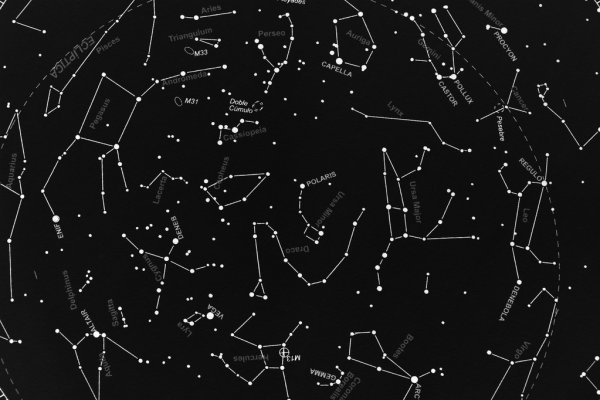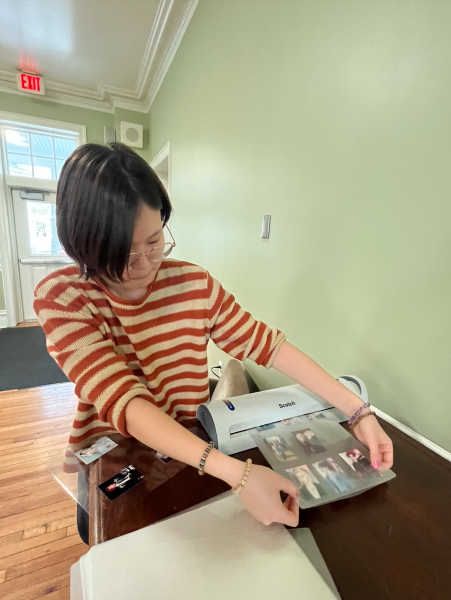Stargazing and Constellations: A Night with Classics Club

The constellations of our sky. Courtesy of Depositphotos.
April 22, 2021
As the term drags on and we slowly finish the fourth week of spring, many students have found themselves to be completely exhausted with little opportunities for rejuvenation. In response to this, many clubs have continued their efforts to hold in person events, with more success as outdoor spaces are now easily accessible.
The Classics Club is no exception. On the chill night of Monday, April 19, just under thirty people gathered together to watch the stars in Jackson’s Garden. Students met at the gates of the garden, and walked through to a clearing where they all sat down. Some had brought blankets or towels to sit or lay on, with a few people even bringing additional blankets to share together.
In a large, spread out circle, the students gathered to listen to Classics major Molly McLeod ‘22 and a few other Classics Club members tell us about a few constellations and their corresponding myths. Students heard of the heroics of Heracles and his 12 labors, and of Orion’s misfortune and destiny to constantly be chased by a giant scorpion, and even the two tales of the founding of Rome.
Students learned about not only the constellations that we could see, but also how certain characters in those stories connect to other famous ancient myths in both Greek and Roman contexts.
In a brief interview with Concordiensis, Molly McLeod ’22 described how she could point to so many stars in the sky and know what constellation each belonged to.
McLeod stated, “I grew up knowing the constellations because my parents are astronomers, so I would sit out with my mom and she would point out all the different ones. Because of Percy Jackson, I got super obsessed with Greek mythology in the third grade, which is why I know a lot of the stories.”
Throughout the night, several discussions students held relating the myths we were hearing to different film and book series, like the Percy Jackson and Harry Potter film adaptations. Many guests happened to have knowledge of both, and it was interesting to see how many different pop culture series take influence from antique myths and legends.
McLeod’s inspiration to become a classicist only grew throughout high school. She took Latin in high school and later in college, she became a Classics major. Through her major, she began to learn even more about ancient mythology.
“I learned even more about the stories, especially the parts they wouldn’t necessarily tell you when you were eight, as we discovered tonight,” McLeod said.
As students listened to each story, some of them were noticeably disturbing, such as that of Oedipus and his accidental incestuous relationship with his own mother, or Zeus’s many non-consensual relationships with women that were not his wife, Hera.
The many gasps of disgust or outrage when listening to these sorts of stories demonstrates how society has changed in the many thousands of years since these tales were taken as fact. Though modern audiences such as the attendees at the night’s event can appreciate the lessons these tales attempt to instill, it is reassuring to know that we might not find the stories as lighthearted as the original tellers did. The night winded down with one round of applause for our storytellers and a few minds rethinking how ‘great’ some ancient heroes might actually be.




